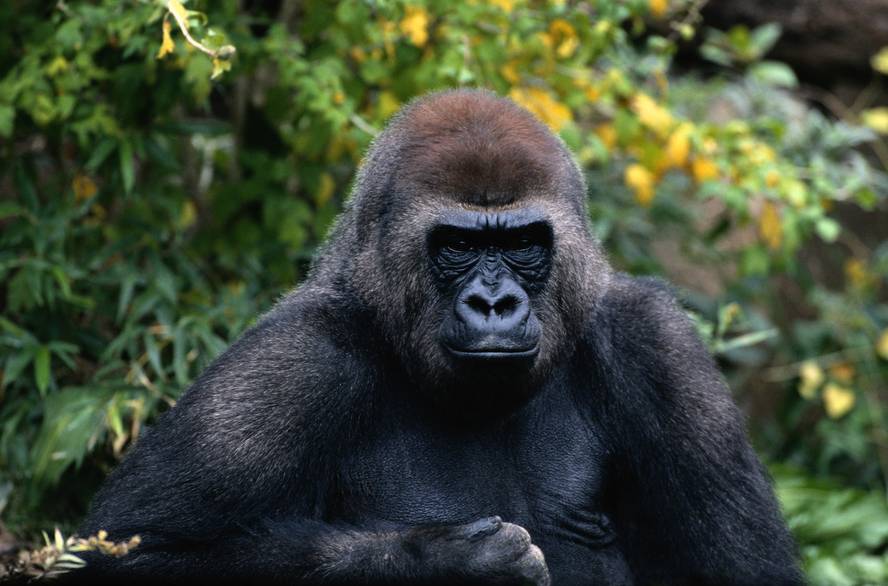Gorillas and human beings, more similar than expected
The gorilla genome has been decoded and studied by researchers from international organizations and have found that, although our closest relative is the chimpanzee, in a part of the genome (30%) the human being is more like gorillas than chimpanzees.
Knowing the gorilla genome has allowed comparison with that of other species. And compared to man and chimpanzee, they have clarified some keys to evolution. This is the focus of the article published in the journal Nature.
For example, they have known that, in evolution, gorillas moved away from chimpanzees and humans 10 million years ago. In addition, they have observed that the evolution of genes associated with sensory perception, hearing and brain development has been very rapid in all three, but especially in people and gorillas. Researchers believe this may have to do with the ability to speak.
In addition to serving to investigate the human species and its evolution, researchers hope that the decoding of the gorilla genome will be beneficial for gorillas. And it is that the species is in danger of extinction and that the tasks they have done would like to serve to increase their sensitivity.





